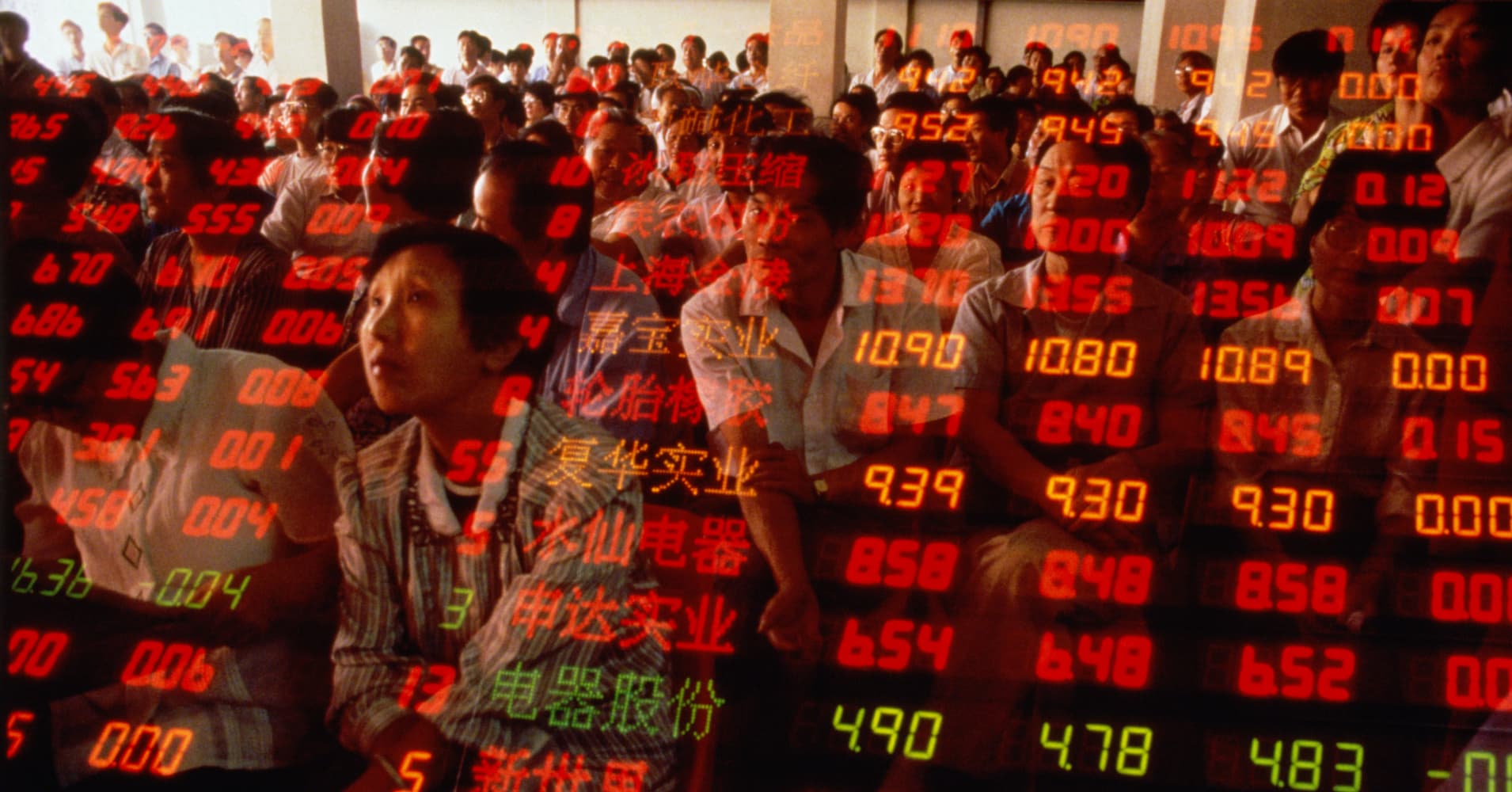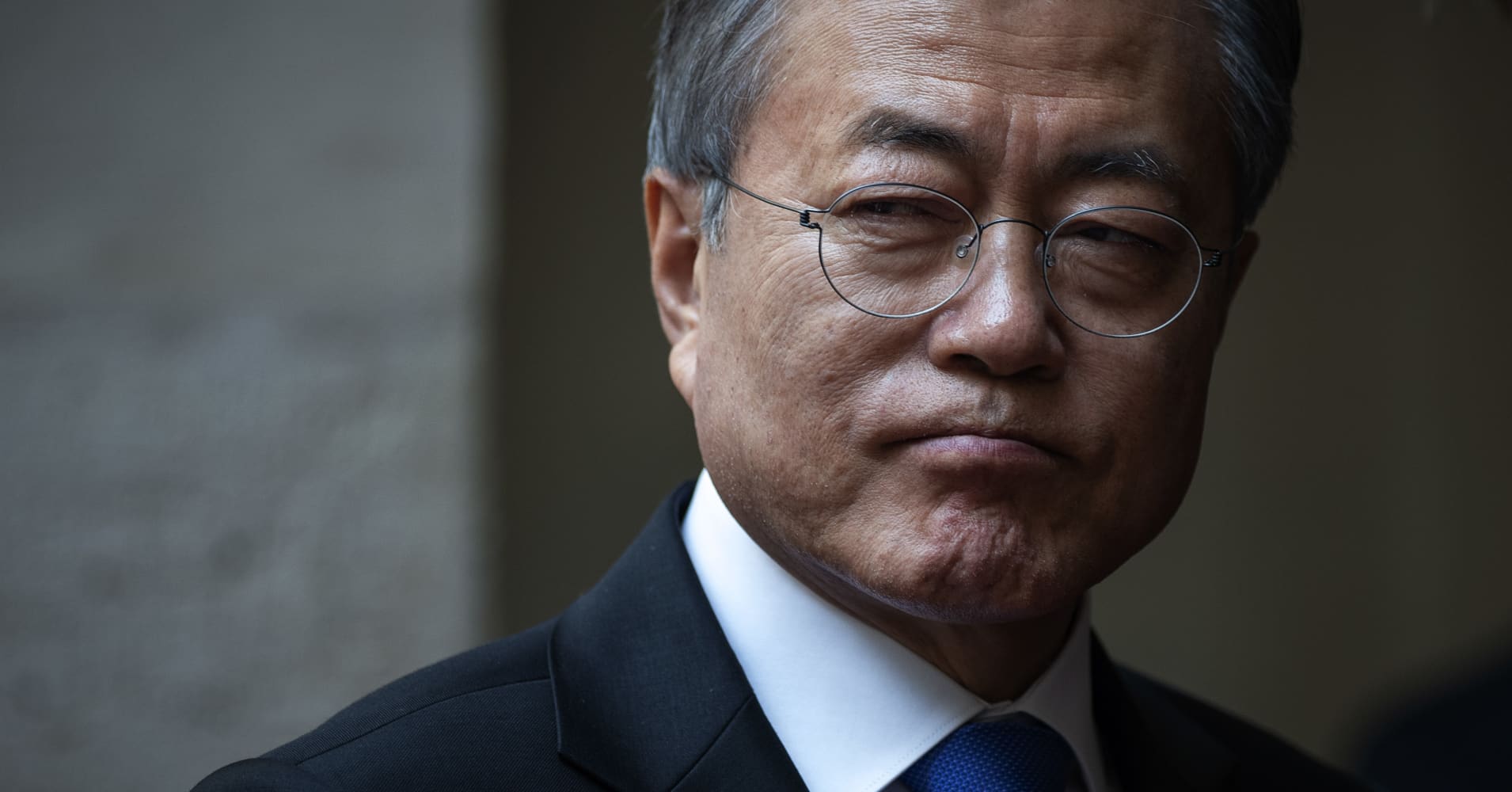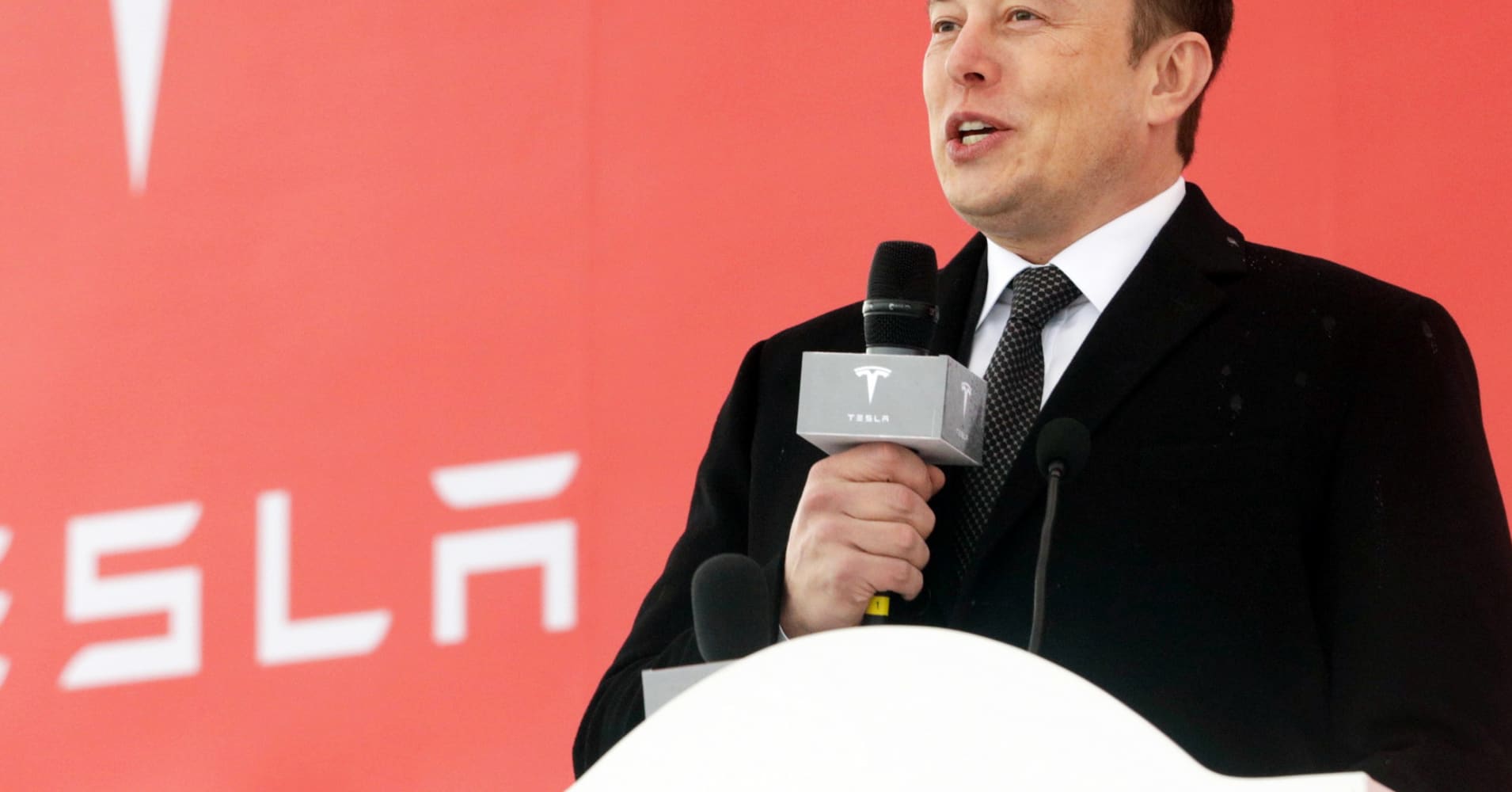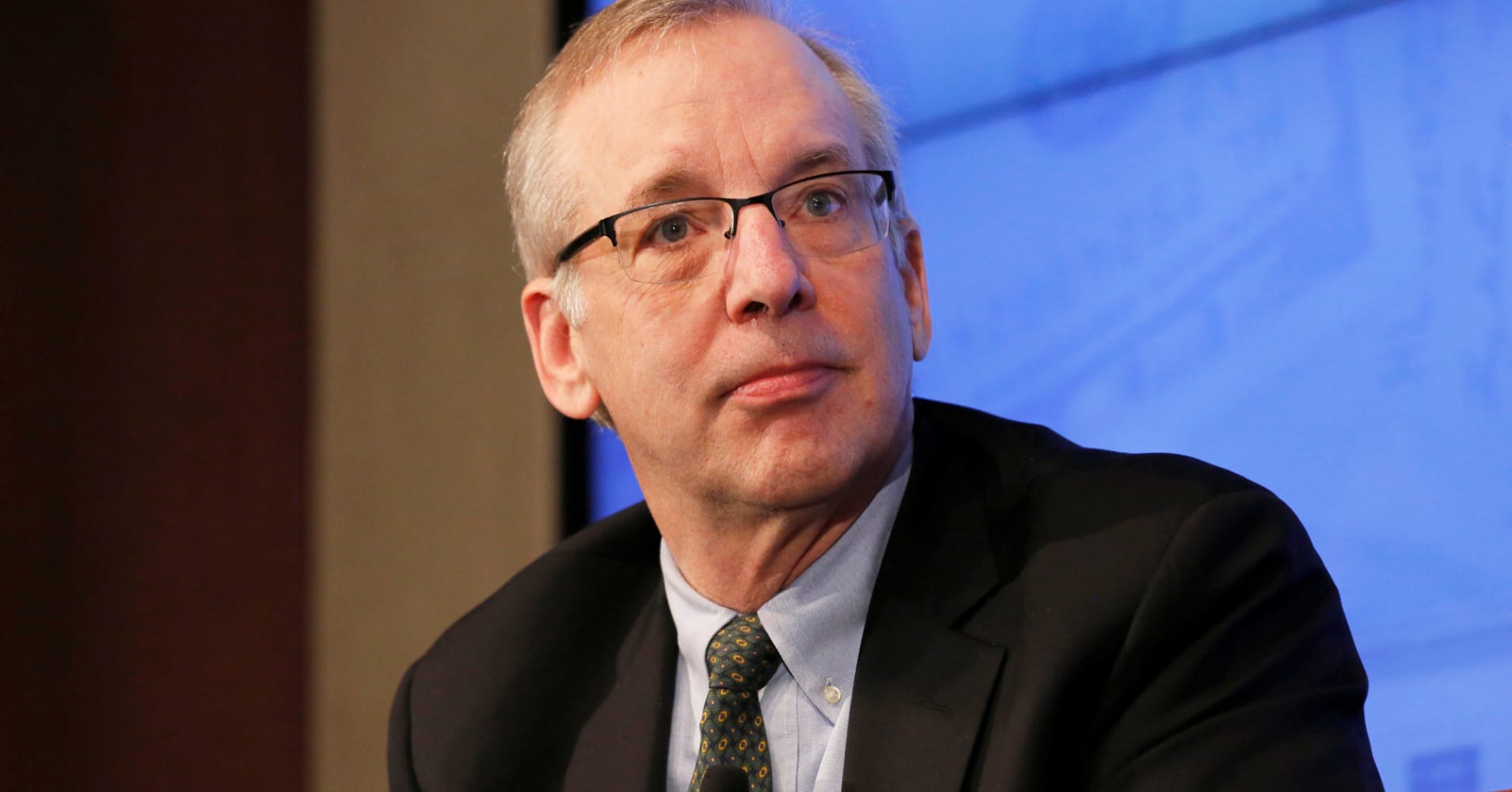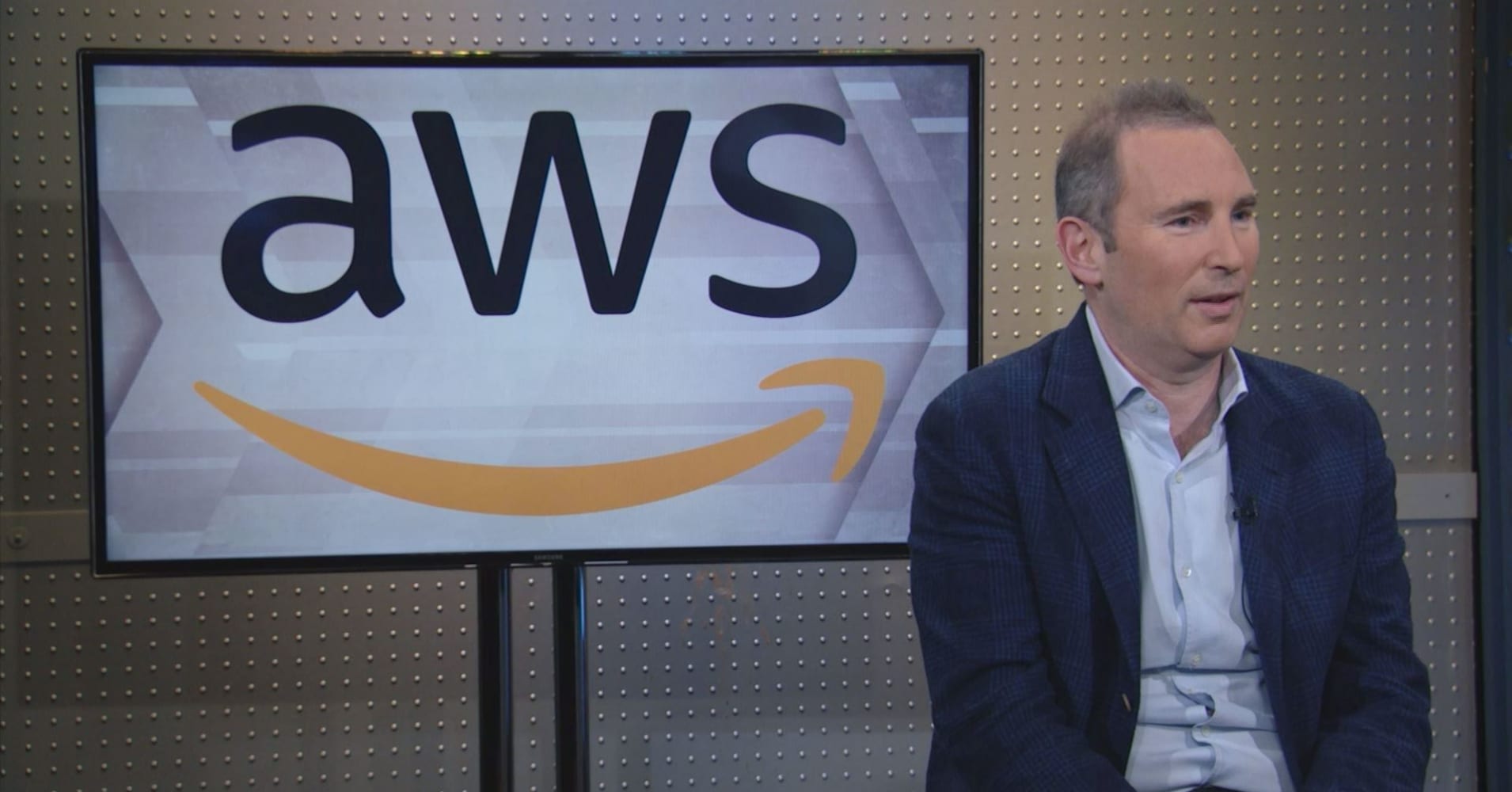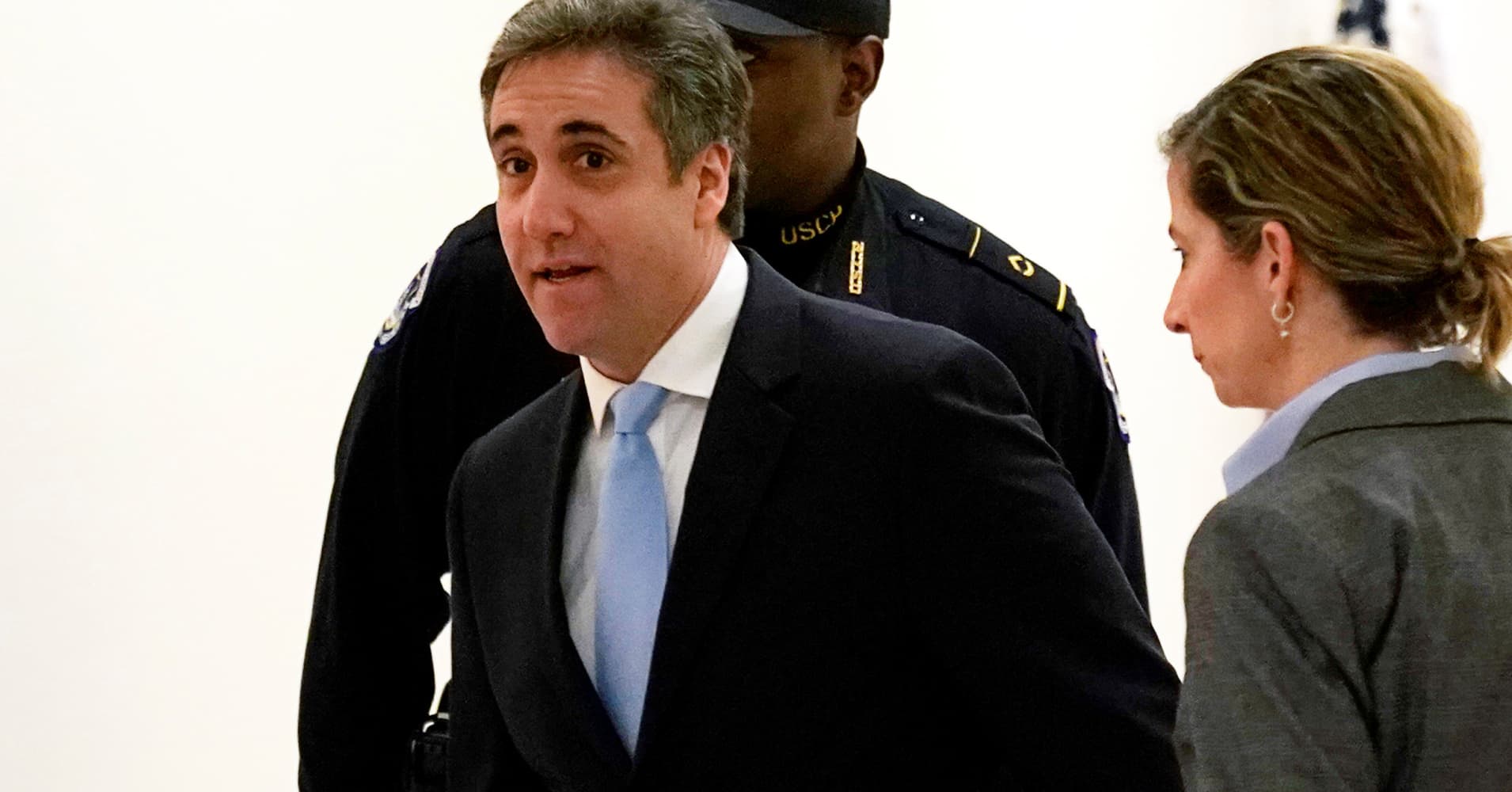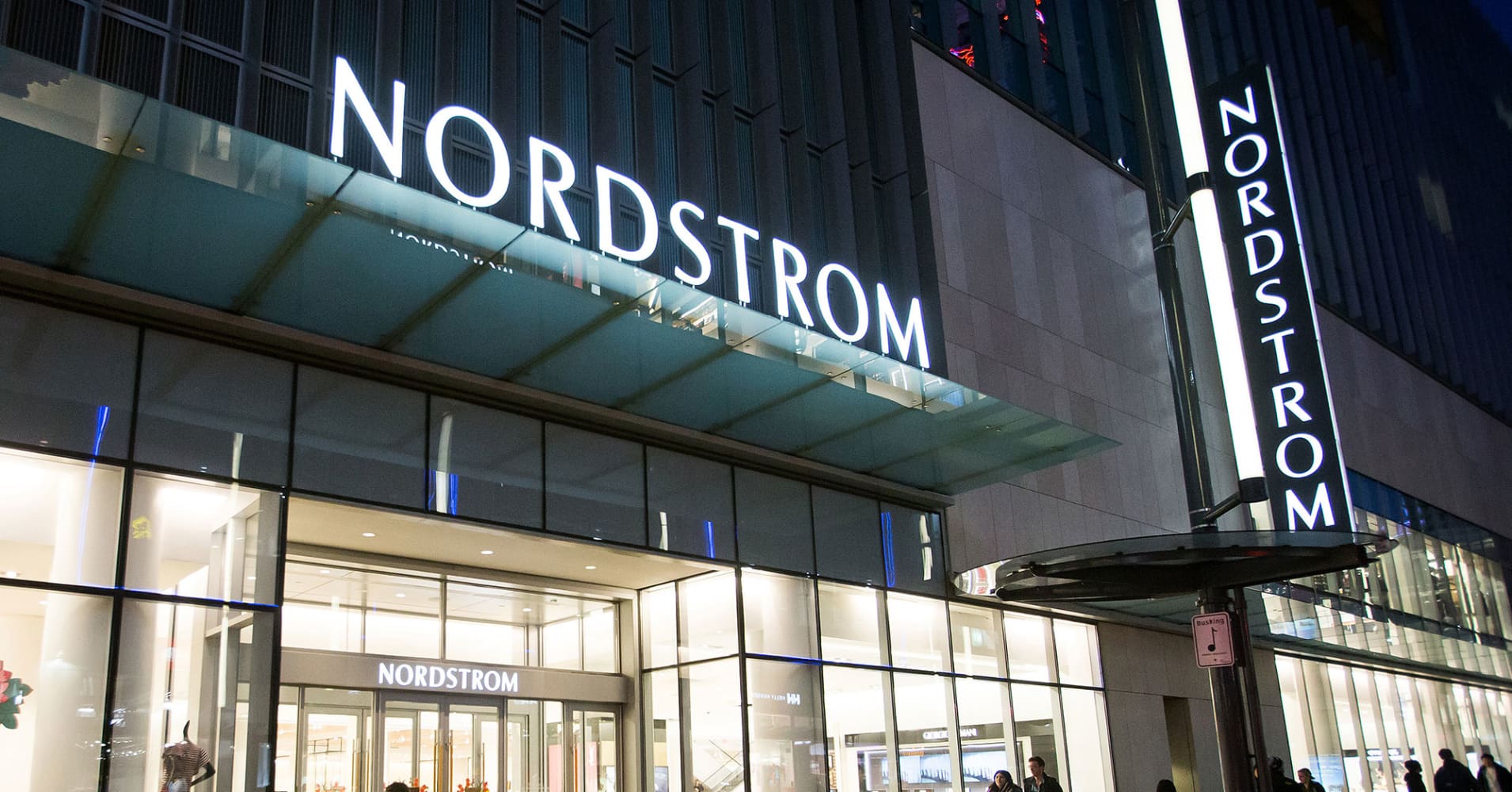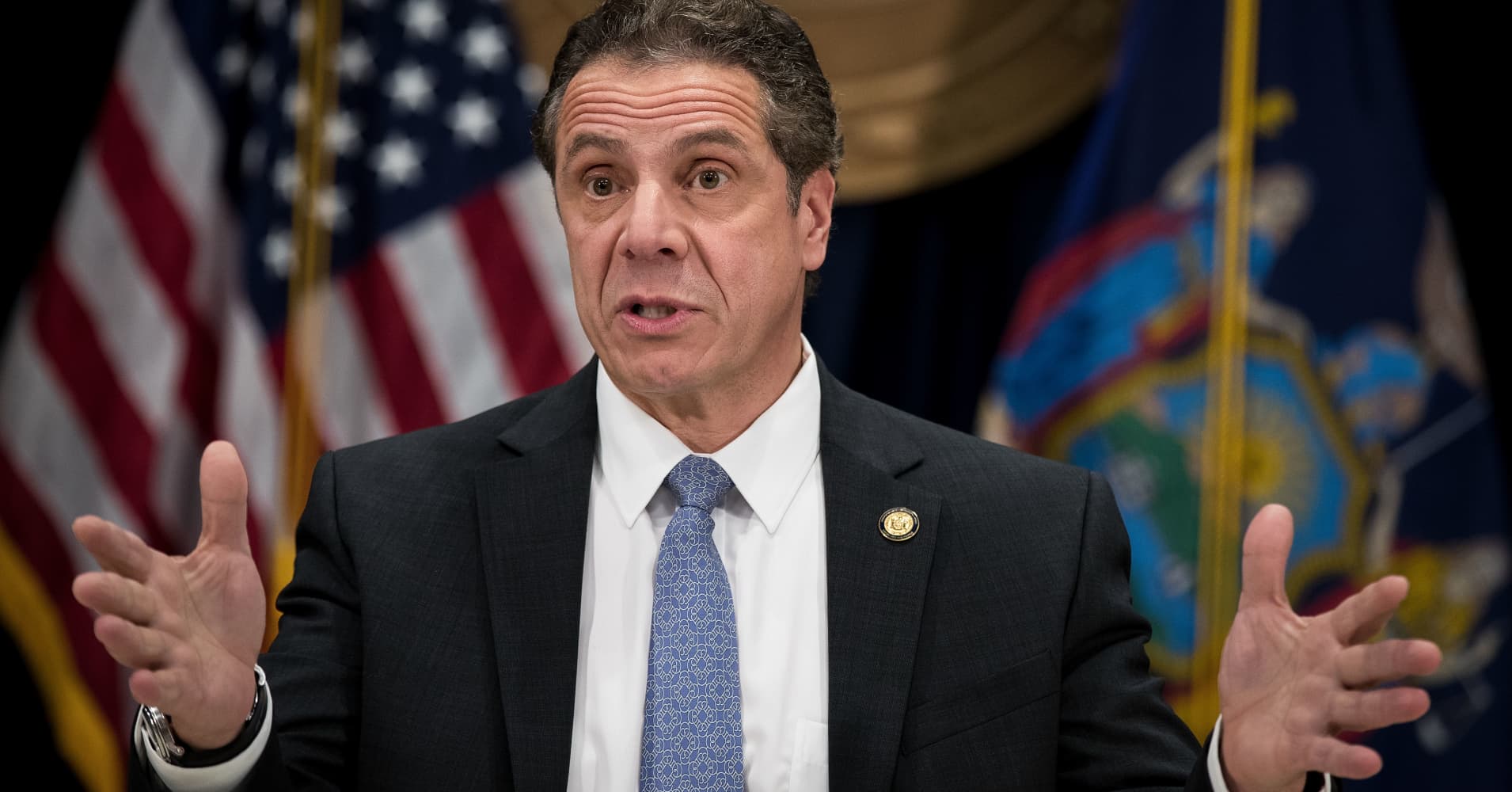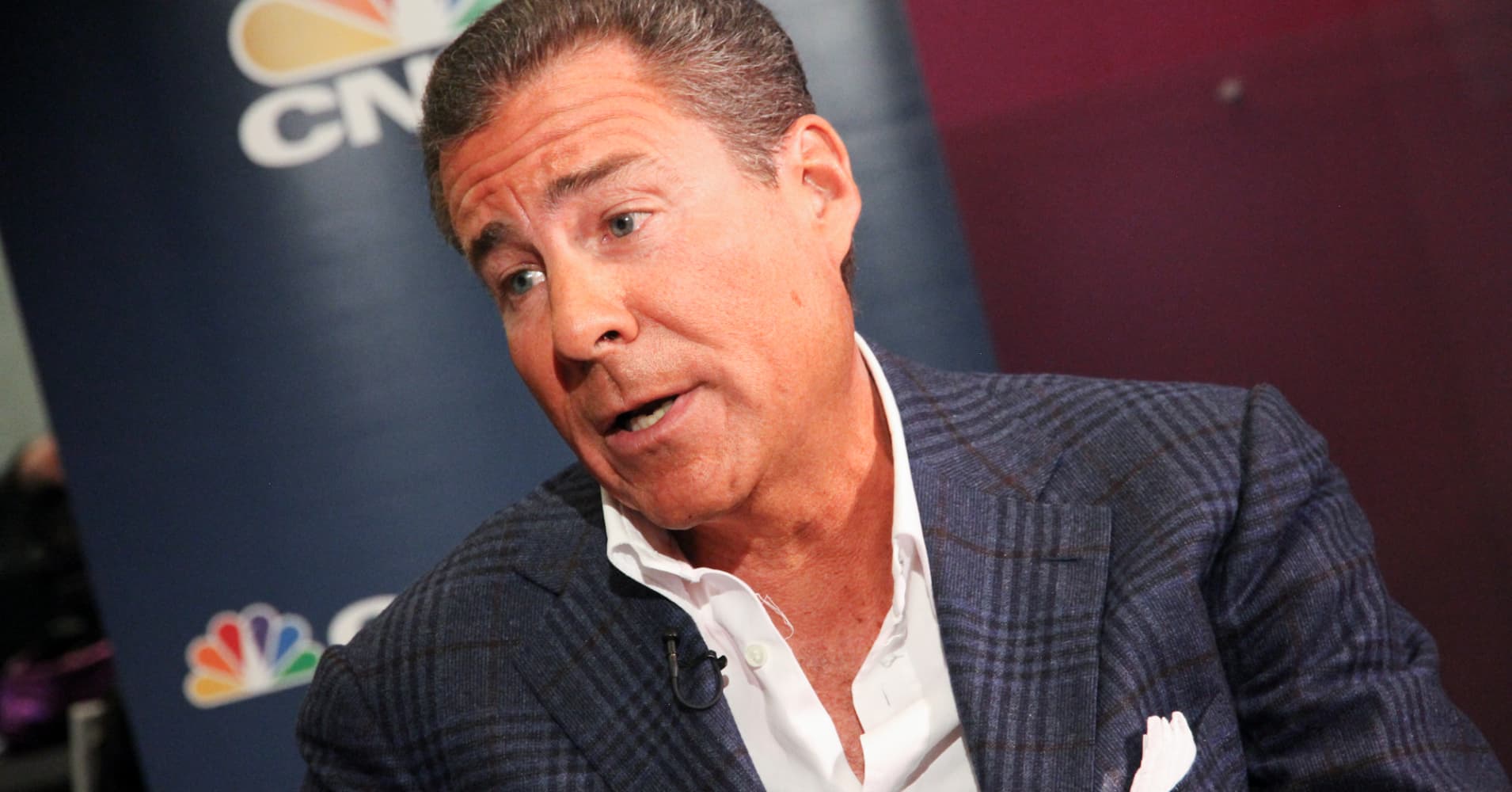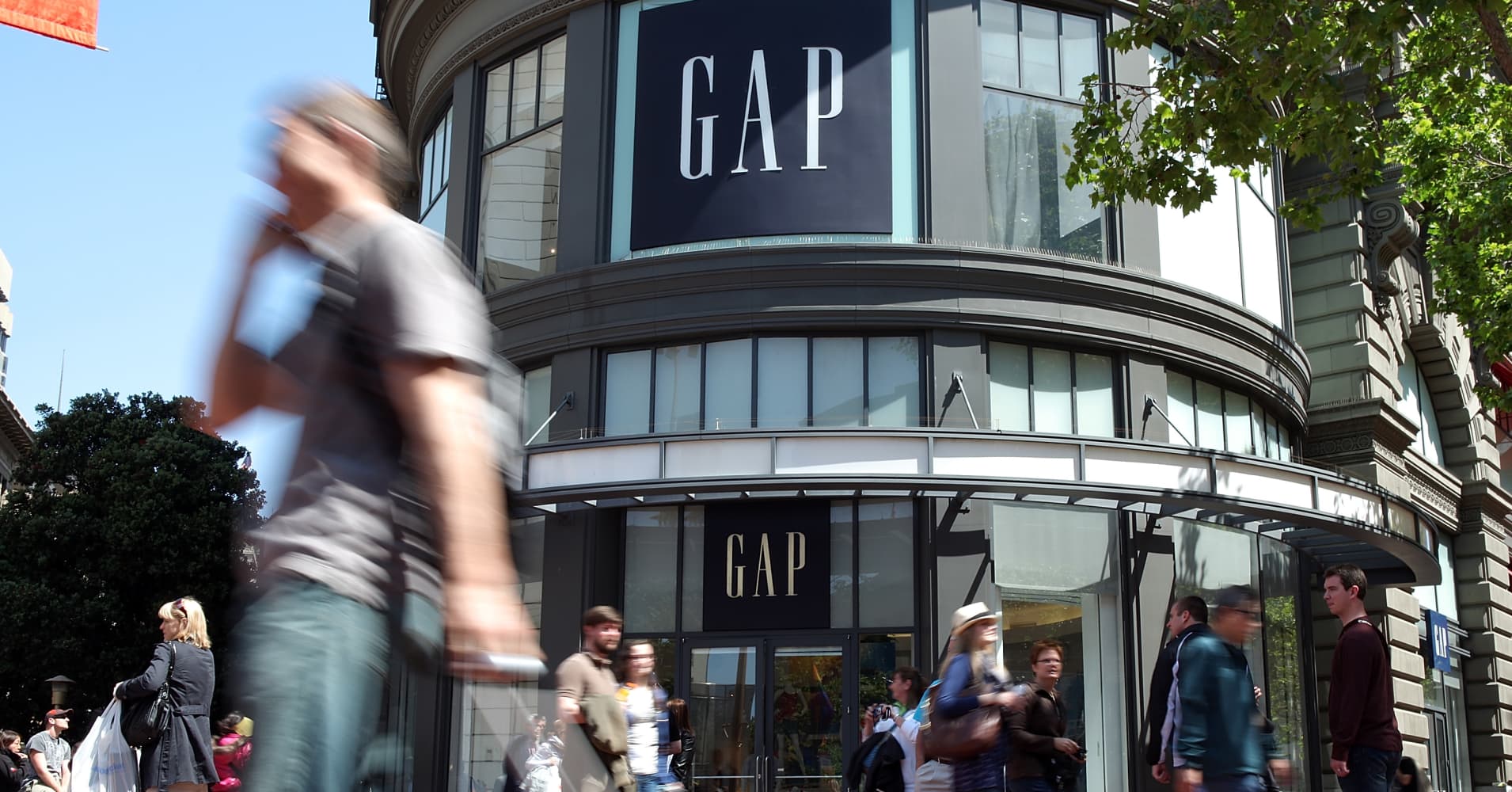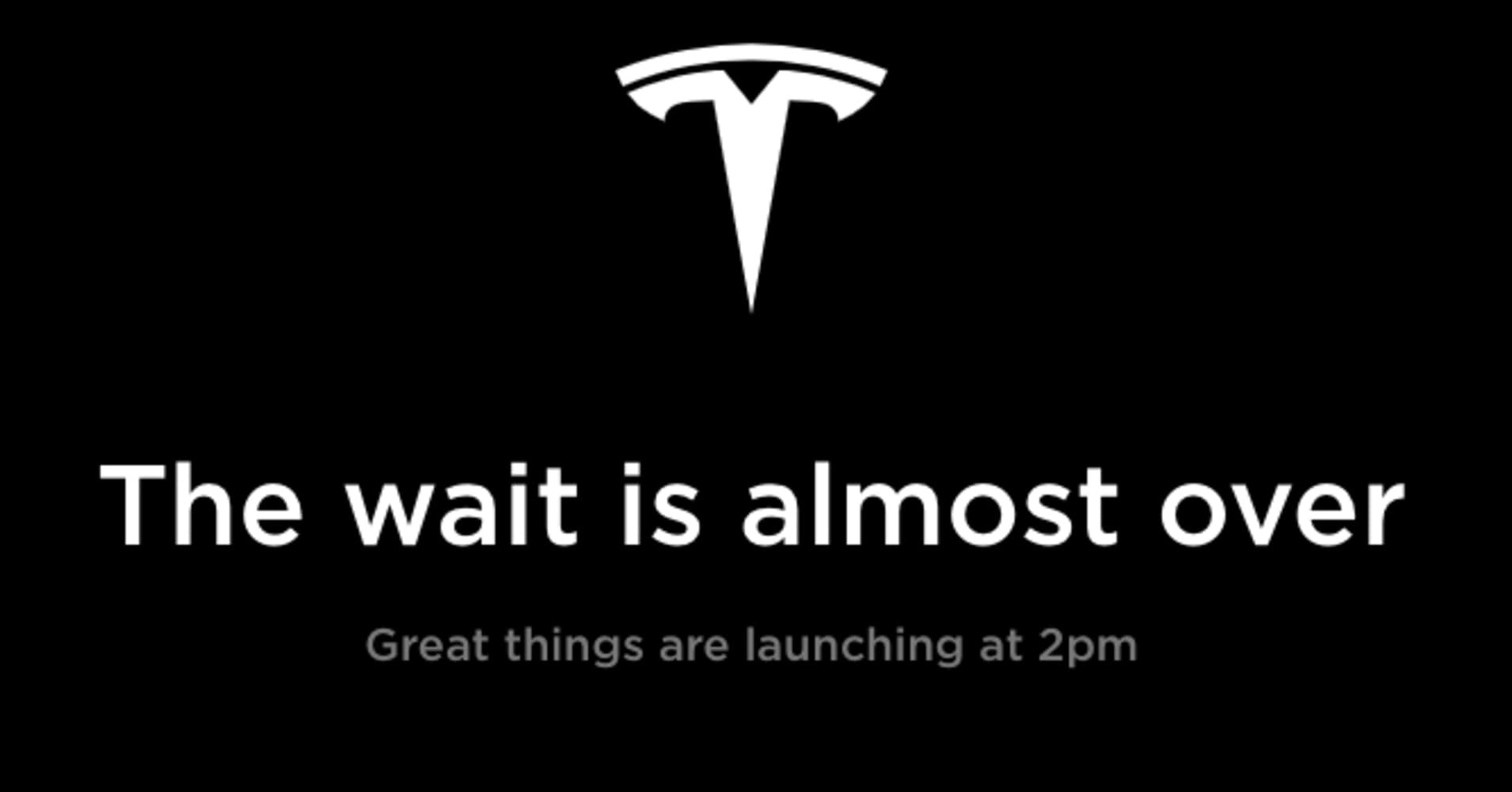
As the future of work changes, it's more important than ever for employees to make sure they have the skills required to keep up. That was the message this week from People Matters TechHR 2019, Asia's largest human resources conference.
The remarks out of that Singapore event form part of a growing discourse around the impact technology and automation will have on the jobs landscape. It's estimated that by 2030, 75 million to 375 million workers (3 to 14 percent of the global workforce) will need to switch occupational categories, according to one McKinsey report.
While research from LinkedIn suggests that young people are more optimistic than any other generation about the shifting trends — after all, many of those jobs are expected to be replaced by new ones — the need to acquire new skills to keep apace with that change is undeniable.
CNBC Make It spoke to careers experts on the ground at the conference (as well as those responsible for the technology reshaping employment methods) to find out what they believe will be most important skills for the future.
"When I think about being a millennial entering the workforce," said Peta Latimer, partner and CEO for Singapore at global human resources firm Mercer, "I think the two biggest skills that we need are the ability to ask why ... and then, secondly, to listen."
The "why?" is important for questioning norms and developing new ideas, but the listening is also crucial for understanding those norms "before you start criticizing."
Nora Abd Manaf, group chief human capital officer at Southeast Asia's Maybank, agreed that employees of the future need to work on developing their skills, but she also said it's important to develop a future-proofed mindset.
"What I've found is that it's not just a learning ability but the ability to bounce back. So when you fail, know how to pick yourself up and continue your learning process," she said.
For Rudy Karsan, managing partner at Karlani Capital, a venture capital firm, it all comes down to one word: "Courage."
"It is the single hardest thing for young people to have because of the amount of time they spend on the screen. You forget the difficulty it takes to really, really get to know people," he said.
Meanwhile, Aileen Tan, group human resources officer at Singaporean telecommunications firm Singtel, who has been learning the programming language Python to future-proof her career, said the answer is threefold.
"For me, the three things are agility, curiosity, and a sense of divine discontentment," said Tan. "Because you've really got to be discontented with the current to change the future."
Once employees manage to master those skills, they can then start positioning themselves as leaders of the future, the experts agreed.
That will require drawing on some of the aforementioned skills, such as curiosity, as well as developing new ones, according to Duncan Hewett, a senior vice president of U.S. software business VMware.
"The key skill that leaders need in the future is both curiosity and a level of humbleness to reach down through the organization and tap into all the different skills," he said.
Morne Swart, vice president of global product strategy and transformation at U.S. software company SumTotal Systems, agreed, noting the need to value your team.
"For me the most important skill is to appreciate the value of people development in your organization," Swart noted.
Niraj Jain, group chief finance officer at Indonesian retailer Kanmo Group, meanwhile, said leaders of the future will need to be increasingly adaptable and willing to change what they think they know as the work landscape shifts.
"It's very important for future leaders to unlearn what they've learned in the past and continue to learn something new," explained Jain.
Don't miss: Mastering these 5 skills will be key to career growth, according to LinkedIn
Like this story? Subscribe to CNBC Make It on YouTube!
via IFTTT

